Quick Way to Remove Ice Buildup in a Mini Fridge with Simple Techniques
Removing ice buildup in a mini fridge can now be done quickly and easily. Follow these practical steps to restore your fridge's optimal performance without hassle.
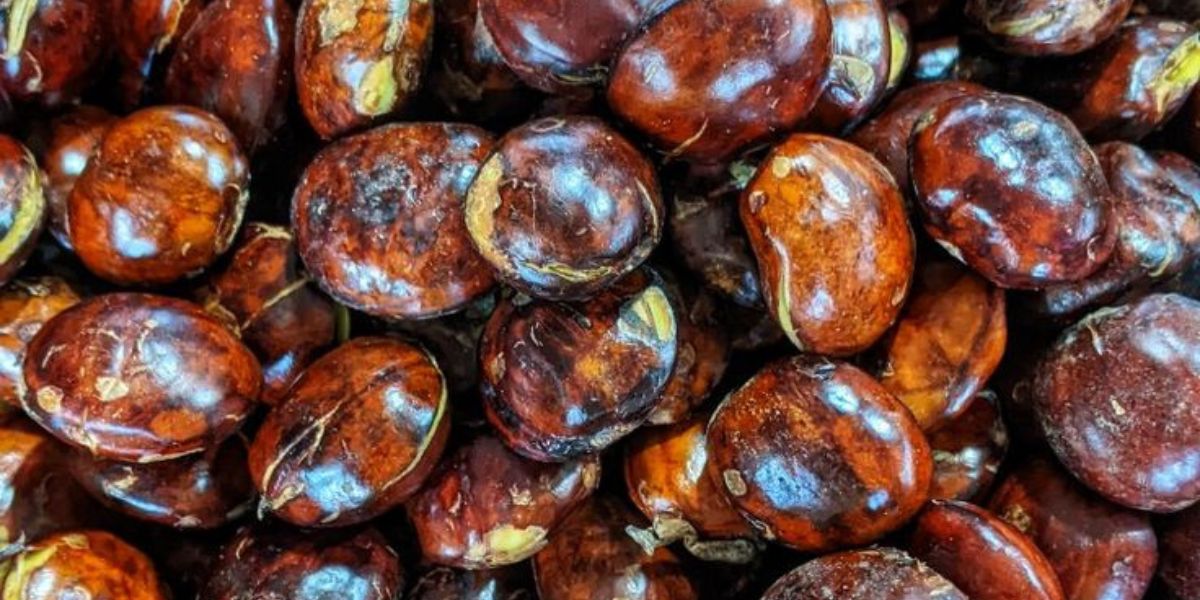
Kapanlagi.com - Jengkol, the food ingredient that often raises doubts for many people, especially because of its distinctive pungent aroma. However, don't be mistaken! If processed in the right way, jengkol can become a mouthwatering dish with a tender texture and a much friendlier aroma.
Recently, the TikTok account @hasanudinhas4 shared a clever trick to process jengkol without leaving behind an annoying odor. In the video uploaded on Friday (25/10), he demonstrated the steps to boil jengkol with the addition of several kitchen ingredients that are surprisingly effective at eliminating unpleasant smells. Get ready to fall in love with jengkol!
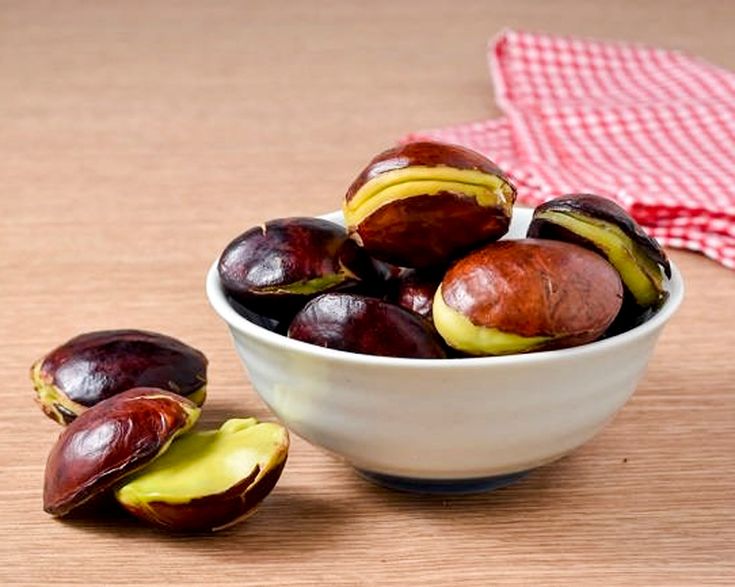 Before starting to boil jengkol, there are several important steps to pay attention to in order to achieve perfect results. First, make sure the jengkol is washed thoroughly to remove any dirt that may be stuck; this careful washing will also help reduce the bitter taste that often bothers.
Before starting to boil jengkol, there are several important steps to pay attention to in order to achieve perfect results. First, make sure the jengkol is washed thoroughly to remove any dirt that may be stuck; this careful washing will also help reduce the bitter taste that often bothers.
After the jengkol is clean, place it in a large pot and add water until all the jengkol is fully submerged. This step is crucial, as ensuring the jengkol is well submerged will maximize the boiling process and produce a delicious flavor!
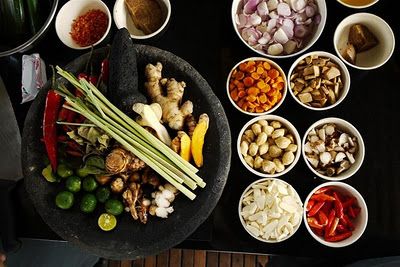 TikTok user @hasanudinhas4, on Friday (25/10), shared a clever trick to deal with the smell of jengkol that often bothers people. By combining bay leaves, kaffir lime leaves, and lemongrass, he discovered a simple yet highly effective recipe.
TikTok user @hasanudinhas4, on Friday (25/10), shared a clever trick to deal with the smell of jengkol that often bothers people. By combining bay leaves, kaffir lime leaves, and lemongrass, he discovered a simple yet highly effective recipe.
"Just add a few kaffir lime leaves, two stalks of lemongrass that have been crushed, and five bay leaves," he explained. This combination not only neutralizes unpleasant odors but also adds a fresh aroma that whets the appetite when jengkol is cooked. Who would have thought that this kitchen trick could make jengkol taste even better!
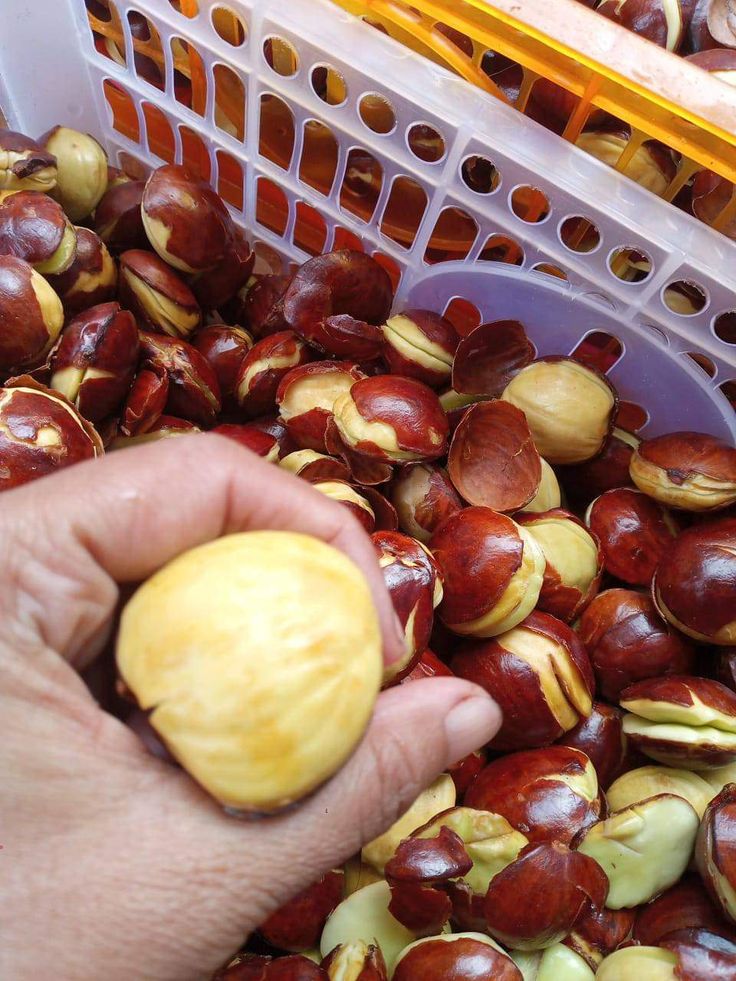 After preparing all the necessary kitchen ingredients, it’s time to enter the exciting stage: boiling! Boil the jengkol over high heat for 10 minutes to achieve optimal results; this is the initial step that not only softens the jengkol but also begins to change its distinctive aroma.
After preparing all the necessary kitchen ingredients, it’s time to enter the exciting stage: boiling! Boil the jengkol over high heat for 10 minutes to achieve optimal results; this is the initial step that not only softens the jengkol but also begins to change its distinctive aroma.
After that, turn off the stove and let the jengkol soak in the boiling water for 15 minutes. This process is crucial for the spices to seep perfectly into the jengkol, making it even more delicious and tempting to the taste buds!
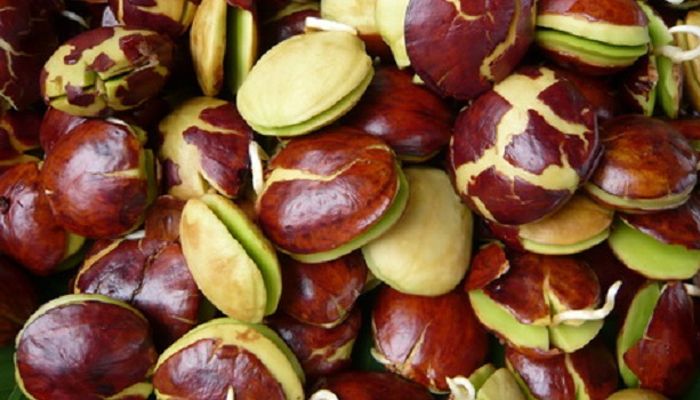 The next step is to turn on the stove over medium heat and boil the jengkol again for 10 minutes. After that, turn off the heat and let the jengkol sit for 15 minutes without opening the pot lid.
The next step is to turn on the stove over medium heat and boil the jengkol again for 10 minutes. After that, turn off the heat and let the jengkol sit for 15 minutes without opening the pot lid.
With this method, the jengkol will become softer and the skin will begin to peel off on its own. "After boiling for 10 minutes, we let it sit for another 15 minutes," he added. This process is repeated to ensure the jengkol is truly tender and its distinctive aroma disappears.
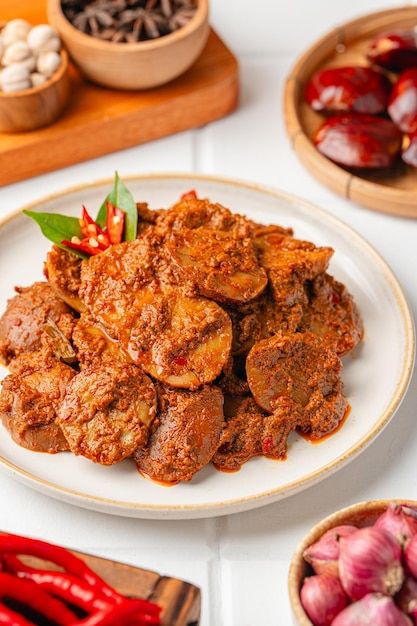 After going through all the preparation stages, lift and drain the jengkol that you have processed. Its peeled skin makes the cleaning process easier. Don't forget to rinse the jengkol with clean water before you prepare it to your liking.
After going through all the preparation stages, lift and drain the jengkol that you have processed. Its peeled skin makes the cleaning process easier. Don't forget to rinse the jengkol with clean water before you prepare it to your liking.
"The result is really soft and doesn't smell," he said with satisfaction. By following these steps, you can enjoy jengkol without worrying about the pungent aroma that usually accompanies it.
What is the ideal time to boil jengkol to make it tender?
Jengkol is usually boiled in two stages, each lasting 10 minutes. After the first boiling, let the jengkol sit for 15 minutes, then boil again for 10 minutes to achieve a tender texture.
Soaking jengkol in boiling water allows the spices to infuse better and helps its texture become softer. It also speeds up the process of peeling the jengkol skin.
(kpl/wis)
Cobain For You Page (FYP) Yang kamu suka ada di sini,
lihat isinya
Removing ice buildup in a mini fridge can now be done quickly and easily. Follow these practical steps to restore your fridge's optimal performance without hassle.
Discover practical ways to boil peanuts in just 30 minutes, so you can enjoy delicious, soft, and long-lasting snacks! With this trick, enjoy fresh peanuts every day without worrying about spoilage.
Here are easy ways to check BI Checking only through mobile phones!
Here are the steps to register as a TikTok affiliate with the lying down method, but still make money.
Here are ways to overcome sleepiness and fatigue while going about daily activities.
Here is an explanation and ways for women to quickly and effectively menstruate by applying a healthy lifestyle.
Here are some tips on how to create an easy and interesting CV, so that recruiters quickly take notice!
Here are five easy ways to reactivate a Telkomsel card that has been inactive, without having to go to GraPARI.
Here are ways to quickly fall asleep that only take 30 seconds.
Here is a series of information on checking the Smart Indonesia Program Through Mobile Phones.
Currently, obtaining an NPWP can be done easily, especially online. Here's a quick way to create an NPWP online.
If in the past you needed a computer to print documents, now you can do it with just your HP. Yes, with the development of technology, the convenience of printing from HP is becoming more possible for you to enjoy.